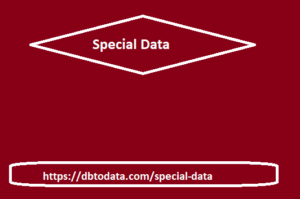It is my honor and pleasure to address this Science and Technology Development Forum 2024, convened by the China Association for Science and Technology, CAST. I speak to these distinguished people in my capacity as CEO of the International.
Science Council,
which is probably the world’s largest non-governmental scientific organization that includes more than 250 members in more than 140 countries, and includes national higher education institutions, both in the natural and social sciences. , international disciplinary unions, national research councils, and associations of scientific organizations at the national and regional level. The history of the International Science Council goes back to 1931 with the establishment of the International Council of Science Unions and 1952 with the establishment of the International Council of Social Sciences. We are proud to have both CAST and the Chinese Academy of Social Sciences as Council members. Once again, it is a unique opportunity for me to speak at today’s forum and share a few words about where science is going and the collaboration between the Council and China’s scientific environment.
Today the findings of scientific research,
observations, subsequent data analysis, models, assumptions and forecasts, foresight and anticipation – all these efforts driven by science and technology cannot remain in an ivory tower, in a scientific bubble if you will. The world special data we live in, facing many problems and increasing polarization, is also a voice that reaches out to opportunities; a term in which science and technology, proven knowledge collected in a systematic and repeatable manner, and related applications, should also contribute to solutions.
This is not an easy endeavour,
as it means that knowledge produced through exploring telegram’s core features and capabilities science is actionable. This requires scientists to engage with stakeholders other than scientists and consider the interests, desires, expectations, values, and knowledge systems of those stakeholders. Scientific questions developed line data through the collaborative design of scientists and other parts of society, including policy makers, have shown to lead to knowledge that contributes to solutions among others to climate change, inequality, increased social cohesion, improved quality of life. The International Science Council has a systematic approach to science. The collaboration with CAST has had a very positive result because there is a convergence of views on the role of science in society.
Science
must be responsible from the point of view of scientific integrity, but also engage with society. On the other hand, science needs an ideal environment to function and flourish within: when engaging in scientific endeavors, there is no way to anticipate where such endeavors will lead.
History has shown
that findings that are clearly disconnected from real problems have produced new knowledge, which, over time, has entered and given way to the development of identification methods. Inter alia other sources of energy, responses to pollution, improved water quality and sanitation, better social organization, improved access to health solutions, etc. Science must therefore be free and independent in order to be successful while contributing to solutions to societal problems.

